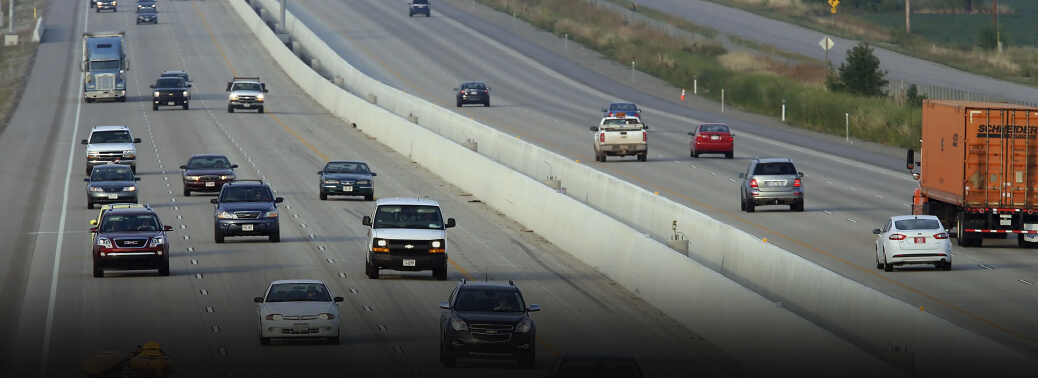HIGHWAY HURDLE
15, Apr 2019

Prelims level : Nil
Mains level : GS- II (Important aspects of governance, transparency and IR)
Why in News:
- The Madras High Court has quashed the land acquisition proceedings for the Chennai- salem corridor
Background:
- The Chennai-Salem greenfield corridor is a 277.3 km long, 8-lane highway project, proposed to connect Salem to Chennai.
- The proposed highway passed through Kanchipuram, Tiruvannamalai, Krishnagiri, Dharmapuri and Salem districts of Tamil Nadu.
- This is an agrarian region comprising reserved forest areas and several industrial zones. A feasibility study for the project pegged the total cost at Rs 9,106 crores.
- In addition, a tentative cost for rehabilitation and resettlement had been worked out to Rs 415 crores.
What was the Proposed objective?
- There are three existing routes between Salem and Chennai:
- Ulundurpet to Chennai
- Walajah to Chennai
- the Chennai – Tiruvannamalai – Harur – Salem routes
- The government argues that the first two existing stretches are facing abnormal delays due to increasing traffic volume. The second stretch may not reduce travel time even if a bypass route was introduced. Thus a direct Salem – Chennai highway may be the only solution to ease traffic and reduce the travel time.
- It was stated that the corridor would mostly involve drylands, but the land acquisition cost may not be very high when compared to the benefits.
What is the HC’s stand?
- Approval – The project first came to light on February 25, 2018.
- It was mentioned in a letter written by Tamil Nadu CM to the Union minister for road transport, highways and shipping. The Centre gave its nod on the same day. Eventually, the process for the expressway was on track and instructions were given to call for tenders in two months. In other words, a single letter from the state CM and the Centre’s nod on the same day kick-started the project work.
- Clearance – The state did not receive prior environmental clearance from the Centre as mandated.
- The court also cited the failure of the state government in conducting a mandatory public hearing.
- As the court noted, farmers in the five districts complained that they were not consulted. Impact – The farmers feared that the project would destroy the most productive farmlands in Kancheepuram and Tiruvannamalai districts.
- It will have a huge impact on the environment and water bodies in the area.
- The court order also raised questions about a vulnerable reserve forest stretch near the project alignment. The court also based its judgment on major flaws in the project report submitted by a private consultant. Given the above drawbacks, the HC scrapped the feasibility study report which said the project would generate employment opportunities and lead to development.






